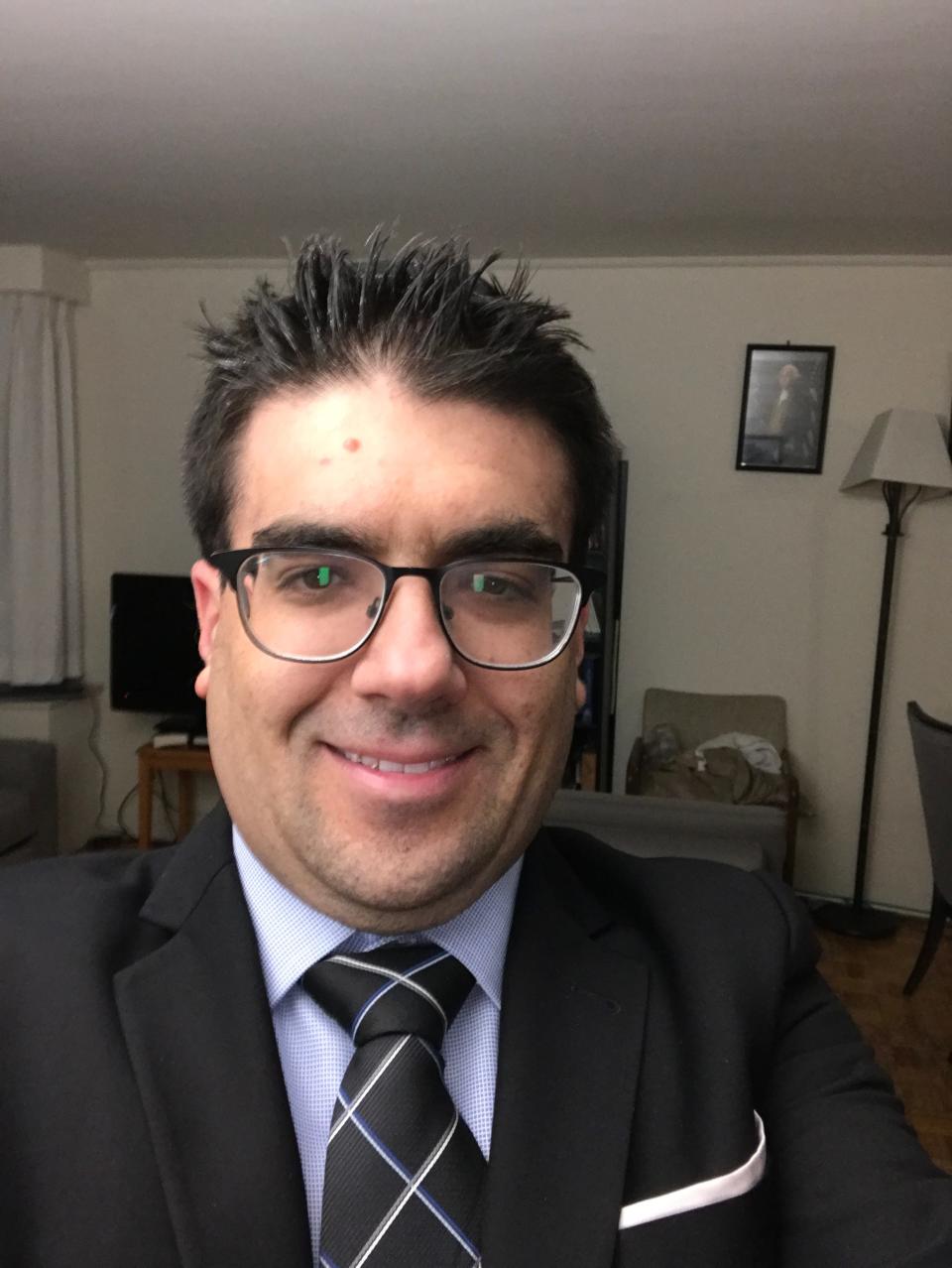Guests: Catholic charter isn't 'slippery slope,' but instead incline we climb together
Oklahoma is heading toward an exciting new frontier: a religious charter school named the St. Isidore of Seville Catholic Virtual School. This is part of an important effort to give parents more choices and control over their children’s education. But, unfortunately, not everyone agrees this is a positive development.
Oklahoma’s attorney general, Gentner Drummond, worries that permitting a Catholic charter school “will create a slippery slope” that makes way for Jewish, Protestant and Muslim charter schools. He thinks that religious Oklahomans will consider schools that teach faiths other than their own as “reprehensible and unworthy of public funding.”
It is, of course, true that religious charter schools must benefit all faiths equally. However, that should be considered a cause for celebration, not a drawback. The only idea religious people should find “reprehensible” is the notion that we would harbor such a hostile view of our neighbors. People of faith should recognize that, no matter our differences, we all have a stake in seeing our communities thrive.
More: Oklahoma bishops: Planned Catholic school to provide new options for underserved students
Parents from all faiths — or none — should have a broad range of educational options in order to choose the one that best fits their family. This applies equally to Jews, Christians, Sikhs, Muslims and every other religious group. The attorney general’s suggestion that Christians will oppose funding charter schools that teach minority faiths paints a picture of religious discord in the United States that we frankly do not recognize.
The attorney general cites an old legal theory regarding the separation of church and state in order to claim that religious charter schools are unconstitutional and un-American. He has it entirely backward.
States once mistakenly believed the First Amendment required them to exclude religious people and institutions from equal access to public benefits simply because of their faith. That is the doctrine to which the attorney general appeals in the same breath that he claims to be defending religious liberty.
The Supreme Court rejected that interpretation. It did not merely reject the suggestion that government is required to discriminate against religious people; it held that the government is prohibited from doing so. Seemingly, in the attorney general’s view, religious Americans should prefer to go back to the time when they could face governmental discrimination and exclusion — so long as people of other faiths suffer the same fate.
Religious families have long shared the tax burden of funding public schools, even if they did not view those schools as a viable option for their children. Indeed, Jewish day schools exist in order to furnish a Jewish education and to allow Judaism to survive into future generations. Funding two separate school systems imposes significant financial hardship on families.
Given that many faith communities have faced similar hardships, it is implausible to us that religious Americans would object to seeing other parents freed from that hardship. Contrary to the attorney general’s fears, this is the opposite of a “slippery slope” in which we will all slide down. Perhaps it should be termed a well-paved incline that we can all climb together. Religious groups must support one another whenever possible while maintaining our unique characteristics, and in our experience, this is the norm.
More: Rabbi: Oklahoma parents are desperate. Religious charter schools aren’t the answer.
Wealthy parents of all faiths have long secured a religious education for their children. However, thousands of parents struggle to do so while providing for their material needs. No parent should be made to choose between putting food on the table and providing their child with an appropriate religious education. No person of any religion we are familiar with would wish that choice on anyone else, even if they prayed in a different building or on a different day.
In recent years, the legal landscape has become more hospitable to religious schools. Justice John Roberts eloquently wrote that excluding someone from a public benefit solely because of his faith is “odious to our constitution.” The same sentiment applies here. The First Amendment demands religious liberty for all sincere believers. The notion that we would want anything other than the best outcomes for our Christian and Muslim neighbors, or that they would want anything other than the best for us, is odious indeed.

Howard Slugh is the general counsel of the Jewish Coalition for Religious Liberty. Mendel Pinson is a summer associate at the Jewish Coalition for Religious Liberty.
This article originally appeared on Oklahoman: Guests: Oklahoma religious charter school gives parents more choices

